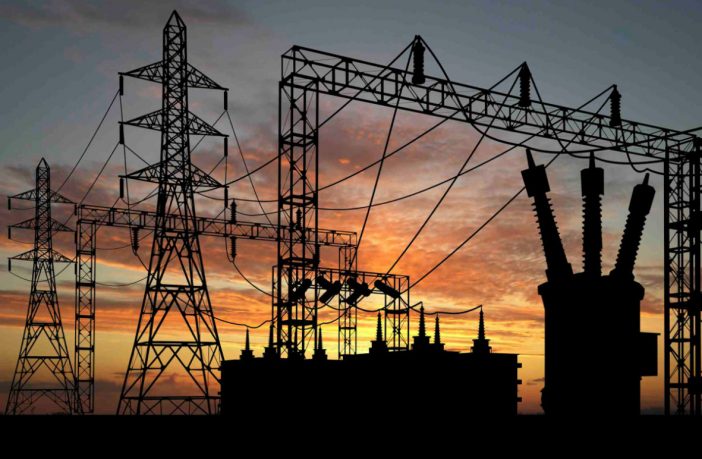- Siemens’ pre-engineering contract to expand Nigeria’s grid capacity to 25,000MW has been approved.
This pre-engineering contract to expand the country’s grid capacity forms the first step in the Presidential Power Initiative, formerly Nigeria’s Electrification Roadmap, outlined in July 2019 by the Federal Government of Nigeria and Siemens.
Siemens will begin pre-engineering work on the transmission, distribution and meter data management systems infrastructure. Comprehensive studies and power systems analysis software for the Nigerian utilities are included in the work package.
The PPI is meant to upgrade the Nigerian national electricity network to achieve 25,000MW of operation capacity, up from the current average of 4,500MW. This will take place through a series of projects which should span three phases.
Expanding grid capacity for economic expansion
Nigeria’s power system suffers from a huge imbalance between what it generates and the demand from users. Though it has the capacity to generate 8,000MW of operational power, only 4,500MW reliably reaches consumers. Brownouts and blackouts are a regular feature of life in Nigeria, constraining the country’s economic development.
Raising the operational electricity capacity to 25,000MW should improve access and reliability of power supply to the Nigerian people. The PPI should also facilitate the creation of jobs while generating new opportunities for small and medium enterprises. This could in turn increase Nigeria’s GDP while boosting economic productivity.
Managing director for Siemens Nigeria, Onyechi Tifase, says the contract is an important step towards not only ensuring a reliable power supply but also securing additional revenue for investments and building local content and capacity. “The projects will create vital direct and indirect jobs for Nigerians and local businesses, thus enabling economic growth and increased productivity, based on the supply of reliable electricity,” said Onyechi.
Phase one of the PPI will focus on essential and quick-win measures to increase the grid’s operation capacity to 7,000MW. As part of this first phase Siemens will provide general technical training on core competency areas as well as training to employees of Nigeria’s 11 electricity distribution companies, the Transmission Company of Nigeria, and regulators, on all the equipment and software being provided by Siemens.
This first phase should also start to address aggregate technical, commercial and collection losses. Minister of Finance, Federal Republic of Nigeria, Zainab Shamsuna Ahmed, explained their government loses more than $1billion annually due to technical and commercial inefficiencies along the electrification value chain: “The PPI will help eliminate these inefficiencies and unlock economic value for the country.”
Phase 2 will target remaining network bottlenecks to enable full use of existing generation and distribution capacities, bringing the systems’ operational capacity to 11,000 MW.
Phase 3 will develop the grid up to 25,000 MW in the long-term. This includes upgrades and expansions in both generation, transmission and distribution
Author: Babalwa Bungane

Babalwa Bungane is a content creator/editor for ESI Africa – Clarion Events Africa. Babalwa has been writing for the publication for five years. She has a great interest in social media due to its advantage of disseminating content.
This article was originally published on ESI Africa and is republished with permission with minor editorial changes.











